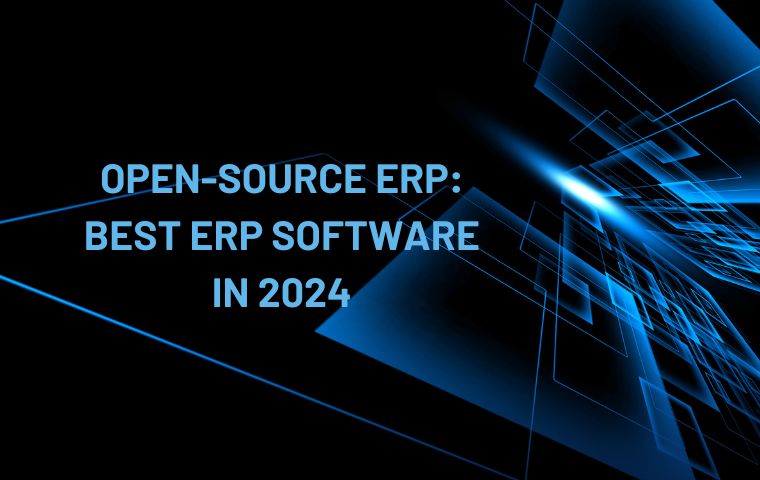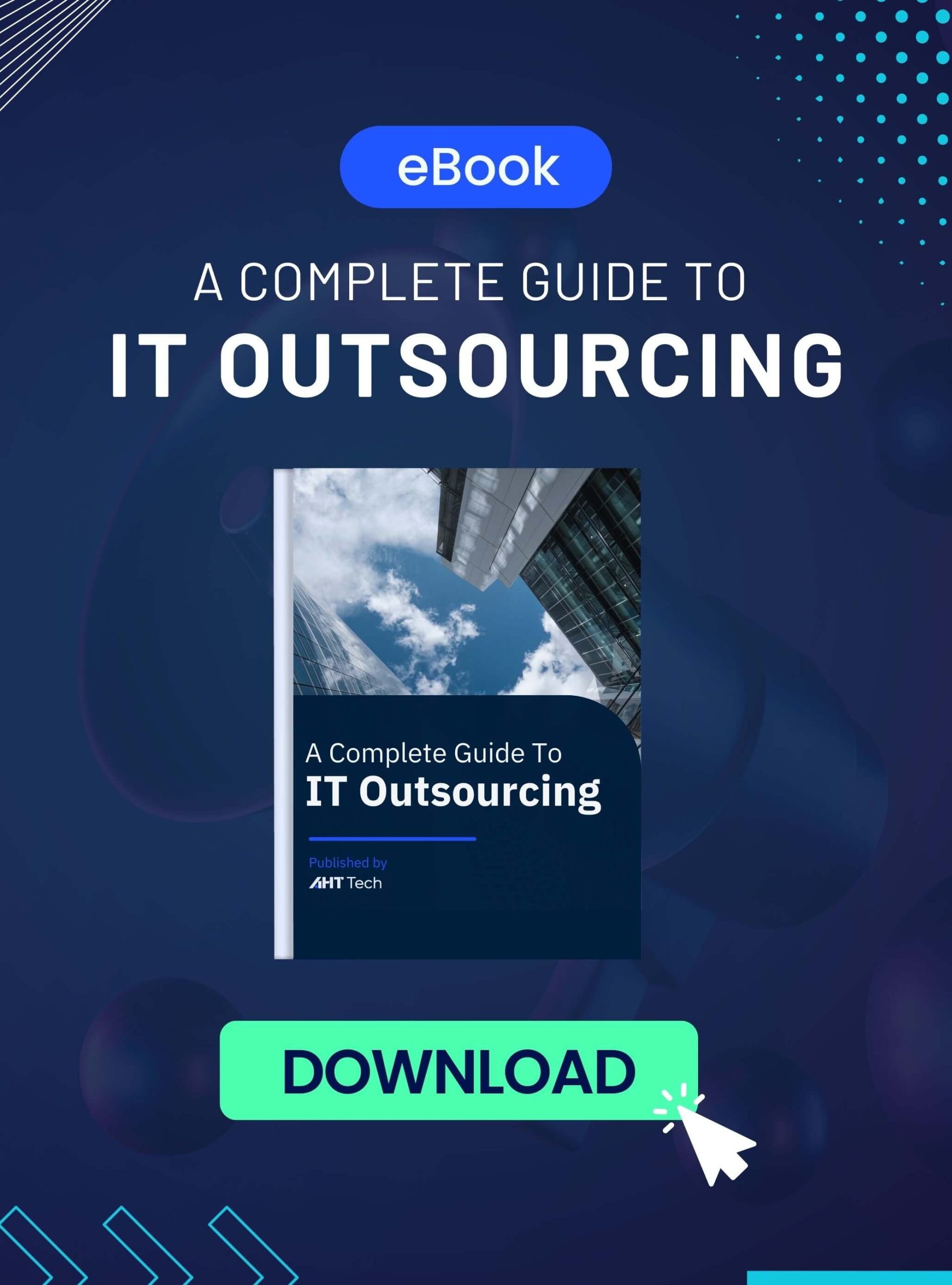TABLE OF CONTENT
Benefits of Open-Source ERP
5 Best Open Source ERP Software Systems For 2024
Conclusion
Benefits of Open-Source ERP
So, why do both SMEs and large enterprises want to find out the open-source ERP software? It is clear that the ERP system is meaningful for them. Here are several key advantages of open-source ERP software, including:

- Effective costs
Although the implementation of an ERP system is not cheap, it can help to optimize IT costs for business operations. When leveraging open-source ERP software, you don’t need dedicated IT staff, large IT infrastructure, and large teams in a department. It provides integration with other systems like HR, CRM, Finance, etc…which allows you to manage business in a single platform. Therefore, you don’t need to manage multiple systems with the demand of large resources and equipment. Certainly, you can save much money if you eliminate resources. - Greater visibility
It is clear that businesses have enormous data and dynamic data which are required more accurately and visibly. Known as one of the best benefits of open-source ERP systems, it allows businesses access to all the crucial data and information to make informed decisions. For example, if you’re manufacturing, your staff can gain a comprehensive insight into inventory patterns to maintain adequate inventory stock on a daily basis as well as update stock on time. As a result, with open-source ERP software, you don’t worry about the lack of products for customers as well as request to refill if stock. - Enhanced reporting and planning
It is excellent for you to gain interactive and graphic reporting instead of permanent reports. It means that your reporting will be supplant to timely when having any changes in your business. By implementing an open-source ERP system, you can gain centralized data through a unified dashboard. Moreover, this allows you to quickly compare the performance of different business functions or products to make informed decisions. Certainly, a decision is made by a data-driven report, bringing the highest efficiency. - Boosted efficiency
Along with the powerful functionalities of open-source ERP systems, businesses not only reduce time but also enhance efficiency in daily business operations. This enables you to automate tasks to help you focus on core business instead of repetitive tasks and manual processes. Besides integrating with third-party systems in the businesses, open-source ERP software also allows you to integrate it with AI to accelerate processes as well as bring high-quality work. - Customer service
As mentioned above, open-source ERP systems can connect with generative AI, so your customer service is enhanced. Instead of separating data into various platforms, the ERP system has centralized and streamlined data for all clients. It makes sales team easily to build and maintain customer relationships. And, you also gain more objectives or customers’ journeys to enhance marketing strategies. Furthermore, open-source ERP systems have intuitive and personalized operational experience, so you don’t need to invest much money and time to train your employees onboard.
Related Article:
5 Best Open Source ERP Software Systems For 2024
Odoo
Odoo is known as a versatile open-source ERP software, which easily integrate and customize if required. Odoo is designed for both SMEs and large enterprises with reasonable costs. It delivers comprehensive noteworthy functionalities such as manufacturing, inventory control, sales and marketing management, customer relations, accounting, human resources, customer services, and much more. Open-source Odoo software has more than 2,500 modules, allowing businesses to choose the reasonable one free or paid. Because of the centralized and flexible capabilities, all modules can interact with each other instead of separate operations. This means you can gain a holistic view of your business more fast. So, you can enhance your productivity and efficiency. Furthermore, Odoo is a tailored ERP to customize and scale for every stage of your growth.
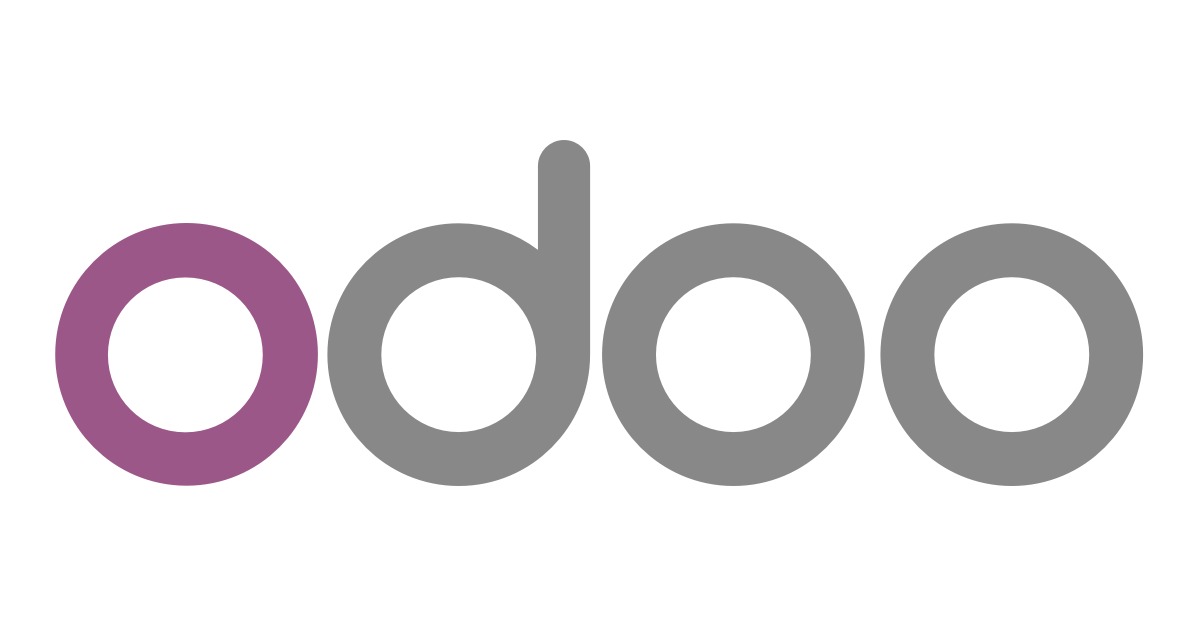
Key features of Odoo
- Fully integrated software
- Multi-Odoo
- Limitless customization
- Impressive user interface
Pros
- Ease of use
- End-to-end Features and Modules
- Modules Integration
- Display Complete Data
- It Can Be Customizable
- Affordable Costs
Cons
- Customer Support
- Complex Set-up Structure
- Complex Custom
- Performance & Scalability
NetSuite
Famous for being one of the open-source ERP software, NetSuite is designed for large enterprises with a set of applications, allowing you to operate your business. It seems that it is not suitable for SMEs due to expensive costs. Like other open-source ERP systems, NetSuite adheres to the SaaS model which you just pay a subscription fee to access the ERP system. Of course, you don’t need to invest in IT infrastructure or maintenance, which is the role of NetSuite. So, you can focus on your core business to develop instead of IT. However, you need to consider several NetSuite plans with functionalities. Additionally, NetSuite is relatively scalable to add functionality without requiring advanced infrastructure and resources. Moreover, NetSuite also provides visibility to gain real-time information or add modules on the cloud. You don’t worry about NetSuite not being adaptable to your major operating systems because it can be implemented on Windows, iOS, Android, MacOS, etc…
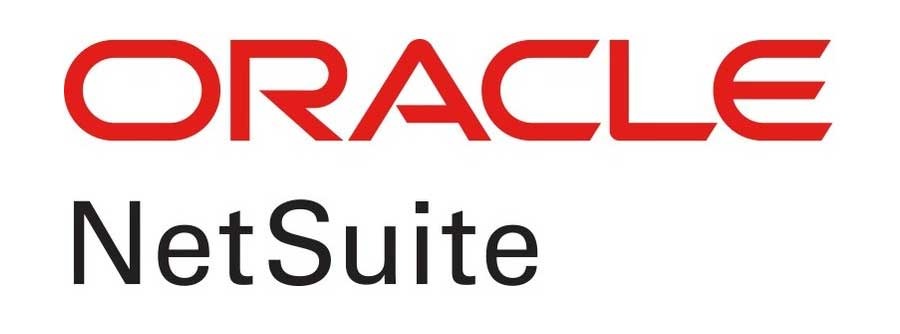
Key features of NetSuite
- Integration
- Automation
- Data analysis
- Reporting
- Tracking and visibility
- Accounting
- Financial management
- Customer relationship management (CRM)
- Sales and marketing
- Human resources
- Supply chain management
- Manufacturing
Pros
- All-in-one solution
- Strong financial management capability
- Integration
- Flexible customization
Cons
- Consistently change subscription pricing
- Extra cost
- Limitations in the basic plan
- Difficult to customize reports
ERPNext
ERPNext is an open-source web-based ERP system, which is suitable for SMEs with lower costs. It has extensive functionalities in a single platform to easily manage your business operations. ERPNext allows businesses to automate and streamline their operations through diverse features like accounting, inventory management, project management, etc…

Key features of ERPNext
- Financial Accounting
- Order Management
- HR and Payroll
- Manufacturing
- CRM
- Projects
Pros
- Locally hosted with fast speed
- Good documents
- Flexibility in configuring
Cons
- Difficult to troubleshoot
- Confusing about creating reports
Axelor ERP
Axelor is an open-source ERP system that provides a set of functionalities like invoicing, sales, accounting, etc… There are more than 1,000 ready-to-use business objects and applications to help businesses manage their business operations. Axelor allows you to customize or integrate applications quickly. Moreover, Axelor also assists you in managing your business in real-time more fast and efficiently with powerful architecture. Furthermore, Axelor ERP also supports fully responsive and mobile applications, so you can access your data at any time, and nonstop.

Key features of Axelor ERP
- Accounting
- Sales
- Cash management
- Stock
- Invoices
Pros
- Flexibility
- Automated capability
Cons
- Difficult to customize
- Insufficient guidance
- User-friendliness
iDempiere
As a cross-platform, open-source ERP system, iDempierep delivers a framework to develop web and desktop-based business applications. It is suitable for from SMEs to large enterprises. iDempiere has an intuitive user interface to develop and deploy business applications. With iDempiere, you will save much money because it is an easy and affordable software with a set of tools. Moreover, this ERP allows you to access all data and insights in the OpenStack cloud computing model, eliminating the demands of hardware.
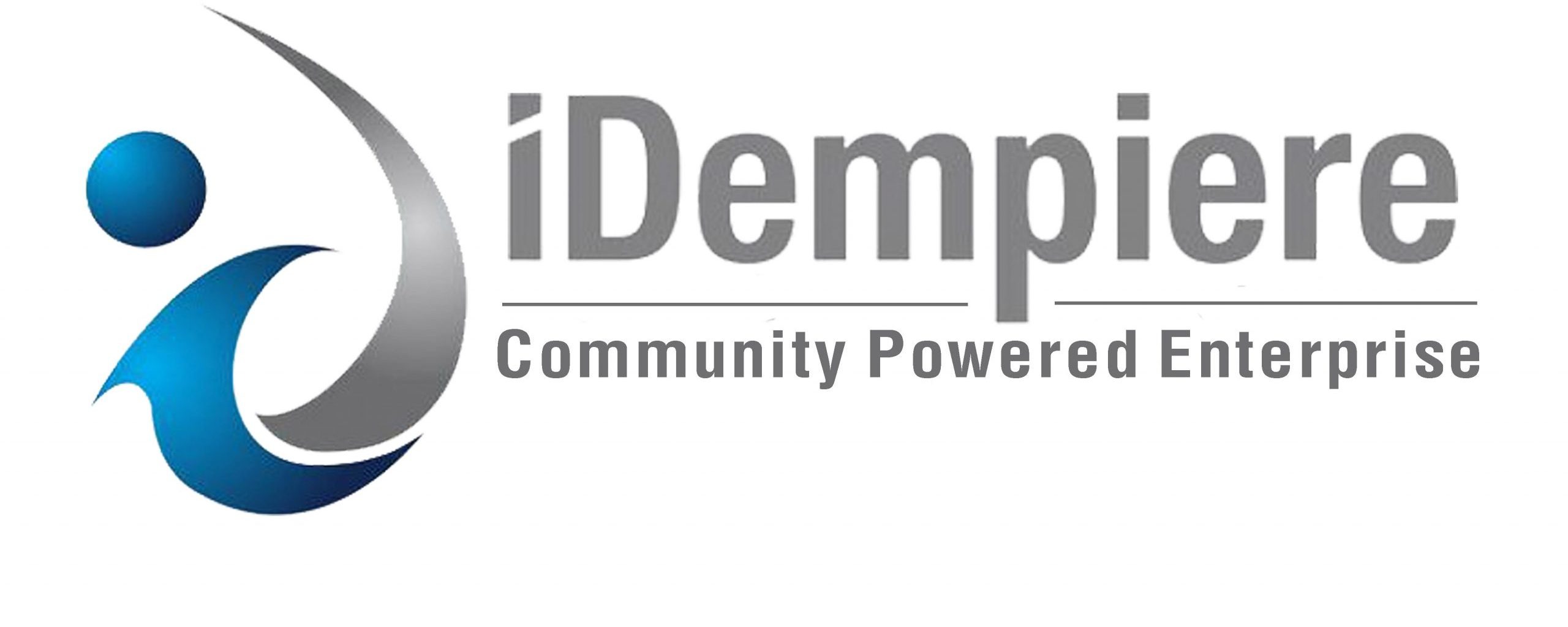
Key features of Apache OFBiz
- CRM
- Supply chain management
- Manufacturing
- Inventory management
- Invoicing
Pros
- Entirely free
- Good scalability
- Easy to plugin and customize
- Flexible integration
Cons
- Difficult to set up and configure
- User-friendliness
- Difficult to add new users
Conclusion
Open-source ERP software is an advanced technology, supporting to manage your business operations. ERP systems provide a set of benefits for businesses whether you’re SMEs or large enterprises. This results in taking a chance to develop a core business instead of wasting time, money, and resources on multiple tasks like managing separate systems. In short, leveraging open-source ERP systems will help you enhance efficiency and productivity as well as reduce costs. Looking forward to the article, we showed you 5 popular open-source ERP software you can consider. If you want to implement an ERP system for your business, you can get in touch with us!


